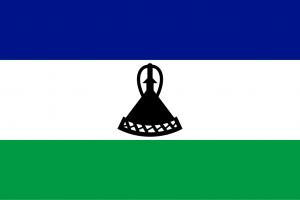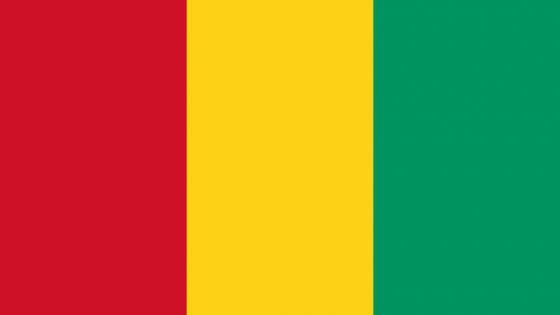
Guinea is a hidden gem in West Africa, bursting with natural beauty, musical genius, and cultural depth. Often overlooked by mainstream tourism, Guinea offers authentic experiences for travelers seeking adventure, soulful traditions, and breathtaking landscapes—from rolling highlands to majestic waterfalls and vibrant markets.
Guinea is a country that dances to the beat of its own drum—literally and figuratively. It is raw, real, and resilient, offering unfiltered West African life to those willing to explore. Whether you’re drawn by its sacred rhythms, stunning nature, or warm-hearted people, Guinea invites you to step into a world where the past and present move together in rhythm. Come with curiosity, and leave with stories, sounds, and spirit that will stay with you forever.

